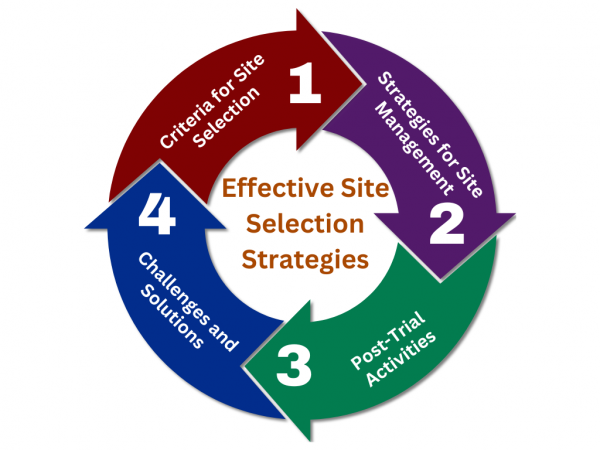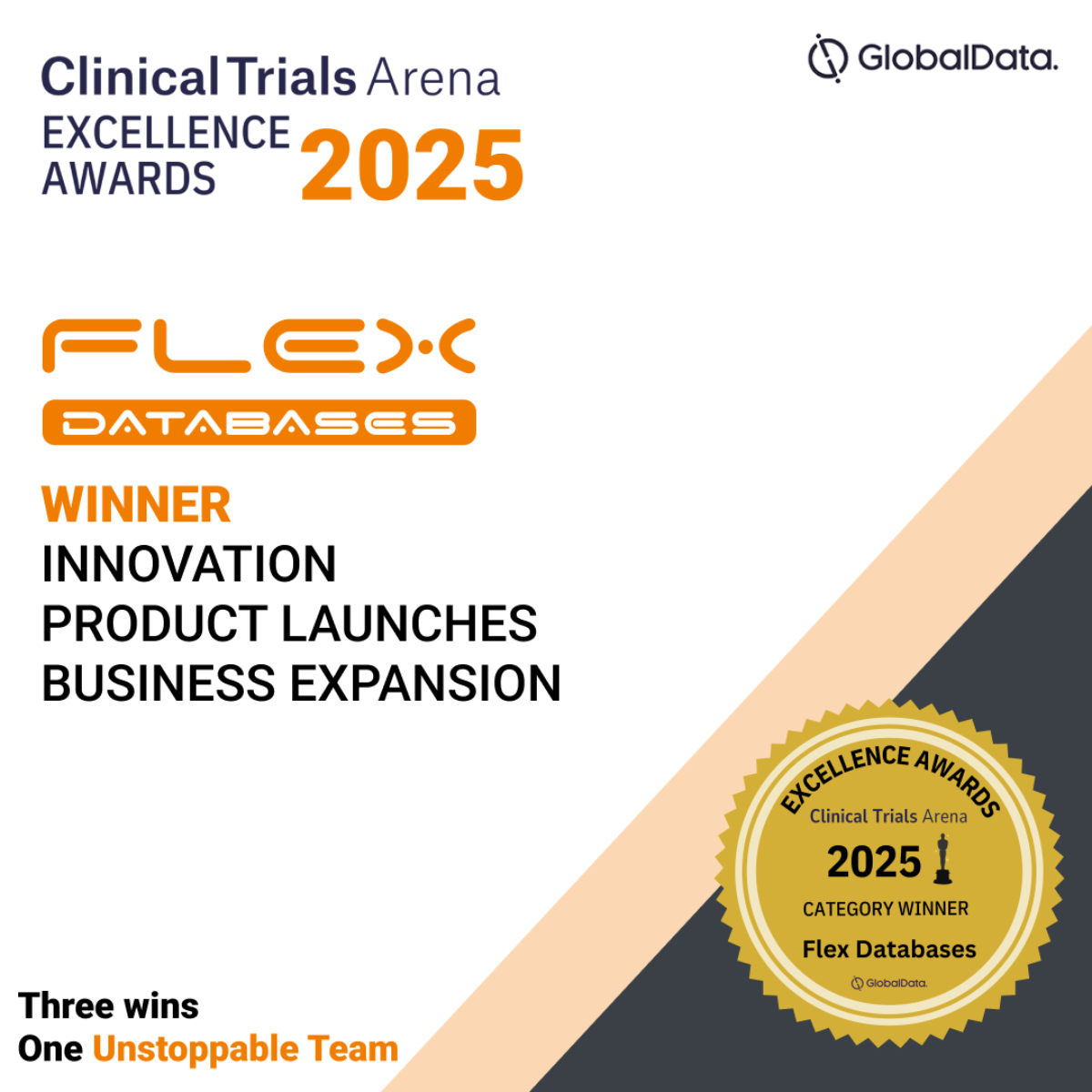Strategies for Effective Site Selection and Management in Clinical Trials
July 4, 2024

Effective site selection and management are critical components of successful clinical trials. Choosing the right locations and overseeing their operations can significantly impact the trial’s timeline, budget, and ultimately, its success in delivering reliable data. This article explores essential strategies for optimizing site selection and management, highlighting key considerations, practical tips, and the role of technology in streamlining these processes. By understanding and implementing these strategies, clinical trial stakeholders can enhance efficiency, overcome challenges, and improve overall trial outcomes.
Key Considerations in Site Selection
Criteria for Site Selection
Choosing locations for clinical trials depends on several important factors. First, the site must be in a good location, considering how close it is to potential participants and how easy it is to get there. Knowing the demographics of the patients helps ensure that the chosen sites can recruit and keep participants who fit the trial’s requirements. Additionally, it is crucial that the sites follow local and international rules for conducting clinical research.
Infrastructure and Resources
It’s also important to look at the infrastructure and resources available at the sites. The sites need to have the right facilities and equipment to support the trial and keep participants safe and comfortable. The qualifications of the staff are also crucial; they should have expertise in the relevant medical areas and be familiar with trial procedures. Good technology for managing data and communication is essential for efficiency and accuracy. All these factors help in choosing sites that can handle the demands of clinical trials.
Effective Strategies for Site Management
Choosing the right site includes evaluation of its capabilities to meet trial requirements. Factors such as geographical location, accessibility, and patient demographics play crucial roles in ensuring the site can effectively recruit and retain participants.
Protocol Training
It’s essential to ensure site staff are well-trained in trial protocols to maintain consistency and follow study procedures correctly. This training helps create a standard approach across all sites, reducing errors and ensuring data accuracy.
Budget and Contract Negotiations
Clear and comprehensive budgeting, along with contractual agreements, are critical to managing costs and expectations. Negotiating these aspects early ensures transparency and aligns all stakeholders on financial responsibilities throughout the trial.
During the Trial
Patient Recruitment and Retention Strategies
Targeted recruitment based on local demographics keeps enrollment steady. Patient engagement programs and convenient scheduling improve retention rates.
Monitoring and Quality Assurance Measures
Continuous monitoring of trial activities ensures adherence to protocols and identifies potential issues early. Quality assurance protocols safeguard data accuracy and reliability, crucial for drawing valid conclusions from the study.
Communication and Reporting Protocols
Clear communication channels between trial sites, sponsors, and regulatory bodies ensure smooth information flow. Regular reports on recruitment progress, adverse events, and protocol deviations maintain transparency and compliance with regulations.
Post-Trial Activities
After completing the trial, meticulous management of data and compliance ensures accurate conclusions and regulatory adherence:
Data Collection and Management
Efficient collection, organization, and analysis of trial data are crucial. Electronic Data Capture (EDC) systems simplify data entry and improve accuracy, making analysis and reporting more efficient.
Site Evaluation and Feedback
Evaluating site performance through feedback mechanisms provides insights into operational strengths and areas for improvement. This feedback loop informs future site selection strategies and enhances overall trial management practices.
Compliance with Regulatory Requirements
Compliance with regulatory standards throughout the trial and during data submission is crucial for securing approvals and maintaining trial integrity. Robust documentation practices and adherence to reporting timelines are essential components of regulatory compliance.
Challenges and Solutions
A. Common Challenges
Navigating challenges inherent to clinical trials requires proactive strategies:
1. Recruitment Delays and Patient Retention Issues: Implementing targeted recruitment strategies and patient engagement initiatives mitigates delays and enhances retention rates, ensuring timely trial completion.
2. Regulatory Compliance and Documentation: Maintaining strict adherence to regulatory requirements and documentation standards ensures trial validity and facilitates regulatory approvals.
3. Resource Limitations and Budget Constraints: Strategic budget management and resource allocation maximize operational efficiencies while maintaining trial quality and participant safety.
B. Solutions and Best Practices
Implementing effective strategies ensures streamlined trial management and successful outcomes:
1. Collaboration and Communication Strategies: Fostering collaborative relationships among stakeholders promotes transparency and aligns expectations throughout the trial lifecycle.
2. Risk Mitigation and Contingency Planning: Developing robust risk mitigation strategies anticipates challenges and proactively addresses potential disruptions to trial timelines and outcomes.
3. Continuous Improvement and Adaptability: Embracing a culture of continuous improvement allows trial managers to adapt to evolving regulatory landscapes and technological advancements, enhancing trial efficiency and patient-centric outcomes.



